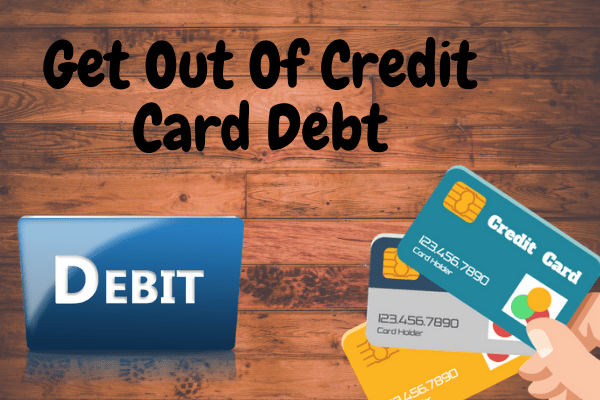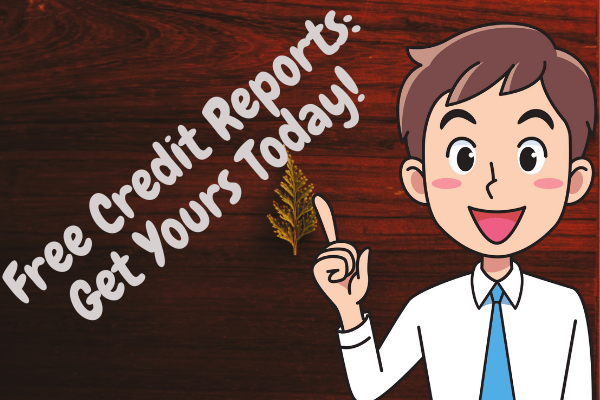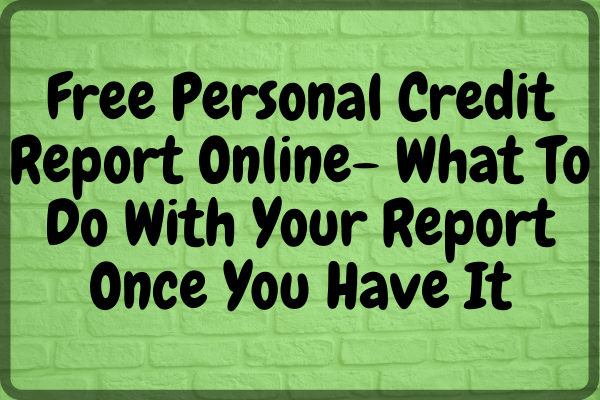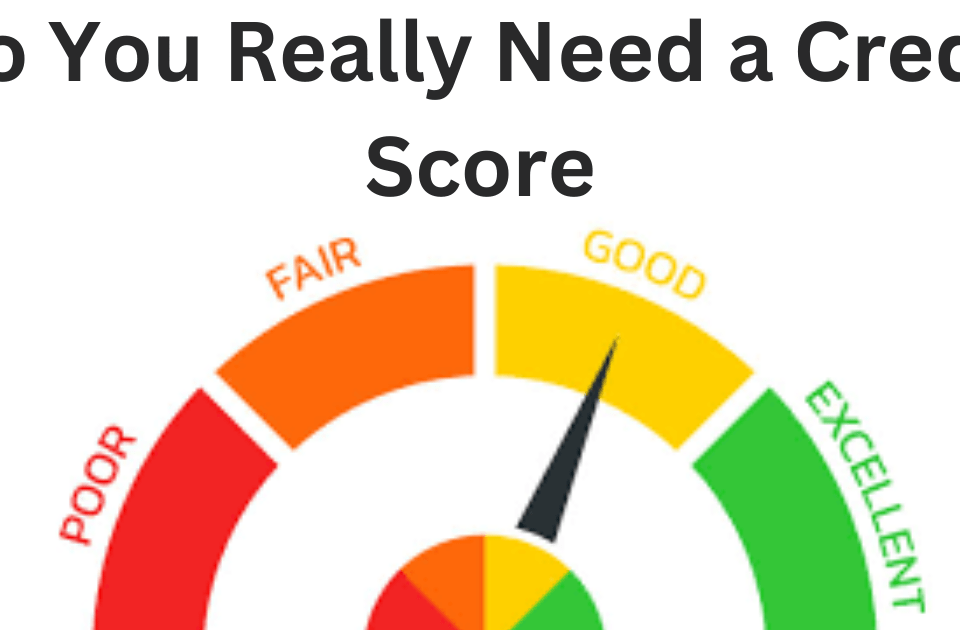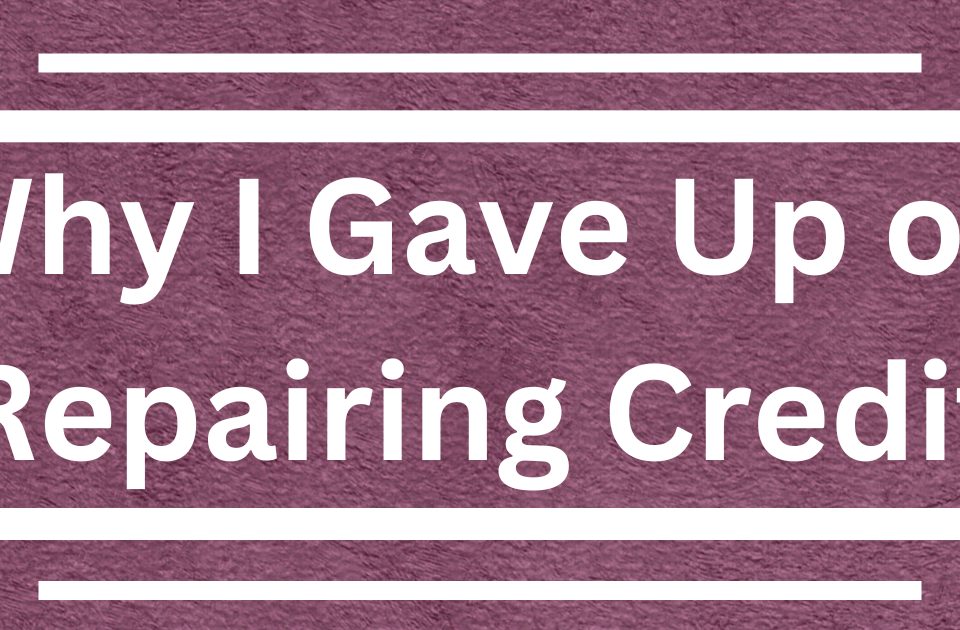It is very possible that some of the information contained on your credit report isn’t accurate. It can be something as small as an address you no longer live at or something as big as a debt you paid off being reported as outstanding. If you find an inaccuracy, contact the credit bureau and ask them to correct the error.
2: Check for unusual activity
Does your credit report contain accounts that you never opened. Are there outstanding balances due to companies you have never heard of? If so, someone may have opened accounts in your name and your credit report is paying the price. If your credit report contains any information that leads you to believe you are a victim of identity theft, contact the credit bureau and your local police department, who may put you in touch with the FBI.
3: Check to see who has been checking you out
Your credit report contains a list of the companies and individuals that have requested and received a copy. By law, there are certain requirements that must be met for a third party to view your credit report. Most requesters are required to have obtained your permission and signature, although, under certain circumstances, this isn’t necessary. Under the Fair Credit Reporting Act, “Any person who knowingly and willfully obtains information on a consumer from a consumer reporting agency under false pretenses shall be fined under title 18, United States Code, imprisoned for not more than 2 years, or both.” If someone you know shouldn’t have had access to your credit report, is listed as having obtained it, contact the credit reporting agency right away.
Your credit report is important tool lenders use to help determine whether or not to give you credit. A free online credit report is an important tool that you can use to make sure your credit report is as clean as it should be. This article will help you to Get Out Of Credit Card Debt

